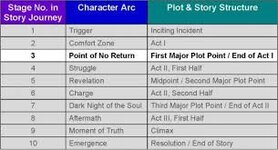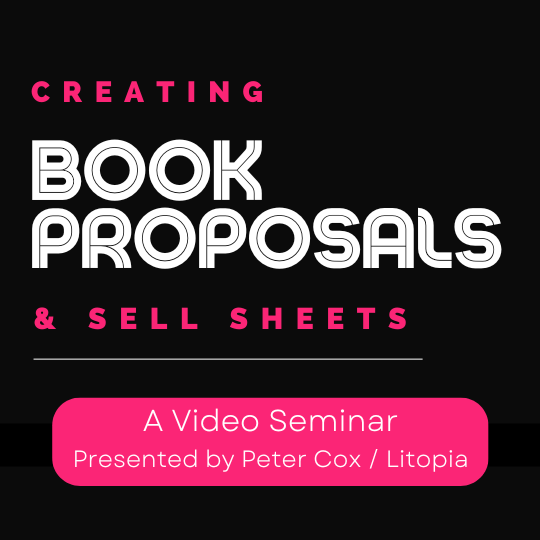I'm part-pantser, part-plotter. I know the strands of the plot before beginning, which involve the central core of my crime story plus a couple of supporting branches that are the other investigations my detectives are running. These often contain humour or add weight to the theme of the principal element...such as family loyalty and how poverty is the mother of crime.
There are some useful ideas discussed in this
old thread.
Similar to Katie-Ellen's 3 act structure and story arc chart, I've found that my own plotting follows the shape of this graph:
Story Structure & Plot - Novel Writing Tips
One potential dilemma for a writer when plotting comes when writing a series, for you might include ongoing internal dialogue for your main character, as part of his story arc, that doesn't have direct relevance to the action of the current story. In my own
Cornish Detective series, during the first four stories, my protagonist agonizes over how he'd react if he caught a paedophile in the act, but he only finds out in the penultimate chapter of Book 5—when he beats the offender to death! This is the sort of detail which would have to be pointed out to a professional editor, who might be tempted to red pen it as irrelevant.





